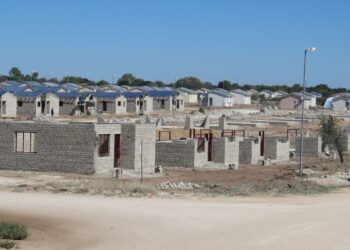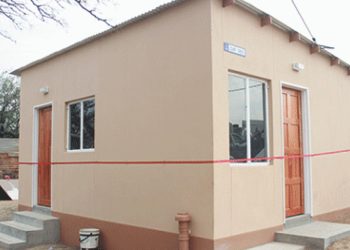
FNB Namibia forecasts rentals to further increase going forward, but warns that affordability concerns, driven by subdued real wage growth could impact the momentum.
“Despite the observed mild economic gains, we nonetheless view the erosion of affordability as a critical risk factor in this recovery path, on account of subdued real wage in the context of rising inflation. It therefore follows that renters need huge income growth in a market where rent to income ratios are not improving despite rate hikes,†The FNB Q1 Residential Rental Report noted.
The increase in the share of rental listings for one-bedroom units from 34.9% in Q1 2021 to 47.4% in Q1 2022 have also been attributed to affordability concerns by the report, with total rental listing for the period up 10% y/y and 15.3% q/q.
“These dynamics appear to highlight affordability issues and increased availability of rental developments in the single facility market.â€
FNB further notes that the slow wage growth and associated costs of owning a property will drive most Generation Z to rent rather than buy a home.
“The subdued wage growth and rent to income ratio of about 39% would mean the majority of Generation Z would most likely prefer to still rent than buying a house due to associated costs of owning and maintaining a house in a high inflationary environment.â€
The report says that demand for family units had increased the prices in the 3 bedroomed unit segment, which have recorded an increase in the rental asking price.
“The biggest increase in rent came in from the more than 3-bedroom segment, a trend that has surfaced over the past 12 months. In effect the average asking rent for the more than 3-bedroom units was recorded at N$19 329 at the end of March 2022.This is the highest level on record and highlights a high retention rate in the multifamily rental market.â€
According to FNB, the widening housing backlog, estimated at 300 000 units, is contributing to high rental yields.
“Rental yields have never the less remained stable averaging 7.9% in the last 10 years and settling at 6.8% at the end of March 2022.This in turn, means that landlords can earn a stable income and can weather a few bumps in the road, should they come, such as failed rental payments.â€











